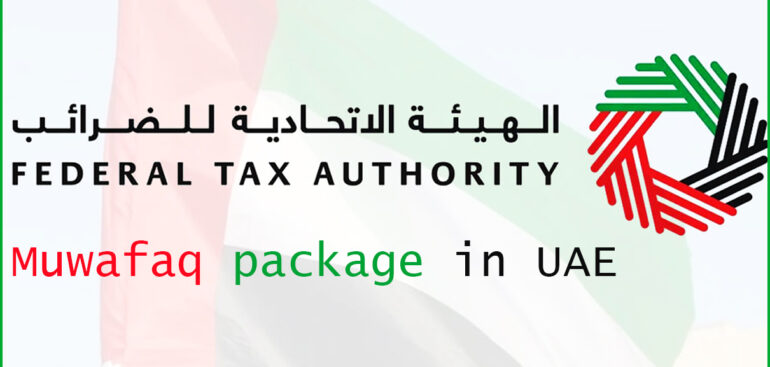In today’s dynamic business landscape, managing finances effectively is crucial for the success of any enterprise. Among the many decisions business owners face is whether to handle bookkeeping tasks in-house or outsource them to external professionals.
Each option has its own benefits and drawbacks, and a comprehensive understanding of each is crucial to making well-informed choices that align with the specific needs of UAE businesses. Numerous accounting outsourcing companies in Dubai can handle your accounts for you. So, let’s look at both of them before making any decision!
Outsourcing Bookkeeping Services:
Outsourcing bookkeeping services involves hiring external accounting firms or professionals to manage financial records, transactions, and reporting on behalf of the business. Here are some of the pros and cons associated with outsourcing:
Pros:
1. Cost-Effectiveness:
It may be more cost-effective to outsource bookkeeping services than to maintain an in-house accounting department. External firms typically offer flexible pricing structures, allowing businesses to pay for only the needed services without having to pay the overhead costs of hiring full-time inhouse employees.
2. Expertise and Specialization:
Outsourcing firms often employ skilled professionals with expertise in accounting and bookkeeping. By outsourcing, businesses can benefit from these professionals’ specialized knowledge and experience in VAT tax accounting, which ensures accurate & reliable financial reporting that is in compliance with FTA regulations.
3. Focus on Core Activities:
By outsourcing their tasks to accounting and bookkeeping companies in Dubai, businesses can free up internal workforce and focus on core activities such as sales, marketing, and product development. This leads to overall increase in efficiency and productivity, ultimately driving business growth.
Cons:
1. Lack of Control:
Outsourcing bookkeeping services means relinquishing some degree of control over financial processes and data. Businesses must rely on external firms to manage their finances accurately, which can raise concerns about data security and confidentiality.
2. Communication Challenges:
Working with external bookkeeping firms may introduce communication challenges, primarily if the firm is located offshore or operates in a different time zone. Effective collaboration & communication are essential for ensuring financial tasks are completed accurately and promptly.
3. Dependency on External Providers:
Businesses that outsource bookkeeping services depend on external providers for critical financial functions. Any disruptions or issues with the outsourcing firm’s services can impact the business’s operations and financial stability.
In-House Bookkeeping Services:
In-house bookkeeping involves hiring and managing a team of accounting professionals to handle financial tasks internally. Here are some of the pros and cons associated with in-house bookkeeping:
Pros:
1. Greater Control:
With in-house bookkeeping services, businesses have greater control over financial processes, data management, and reporting. This can provide peace of mind and assurance that financial tasks are handled according to the business’s specific requirements and standards and are in compliance with VAT-compliant accounting software UAE.
2. Immediate Access to Information:
In-house bookkeeping teams are readily available to address any financial concerns or queries that arise. This immediate access to information can facilitate faster decision-making and response to changing market conditions.
3. Customization and Adaptability:
In-house bookkeeping allows businesses to customize financial processes and workflows to suit their unique needs and preferences. This level of customization can enhance efficiency and adaptability, especially in industries with complex financial requirements.
Cons:
1. Higher Costs:
Maintaining an in-house bookkeeping team can be more costly than outsourcing, as it involves hiring full-time employees, providing benefits, and investing in training and infrastructure. These overhead costs can strain the business’s financial resources, especially for (SMEs) i.e., small and medium-sized enterprises.
2. Limited Expertise:
In-house bookkeeping teams may lack the specialized expertise and experience external accounting firms offer, such as Profits Plus, which has some of the excellence accounting services Dubai has. This can result in errors, inaccuracies, and compliance issues, especially in industries with complex regulatory requirements.
3. Resource Allocation:
Managing an in-house bookkeeping team requires allocating time, personnel, and infrastructure resources. This can divert attention and resources from core business activities, potentially hindering overall business performance and growth.
Final Words!
In conclusion, the decision to choose between outsourcing and in-house bookkeeping services is more than one-size-fits-all. It depends on various factors such as business size, industry, budget, and specific needs. UAE businesses must carefully consider the pros & cons of both options and choose the one that best aligns with their strategic objectives and operational requirements. Whether outsourcing or maintaining in-house bookkeeping services, the key is to ensure accurate financial management, UAE FTA VAT regulatory compliance, and support for business growth and success.










